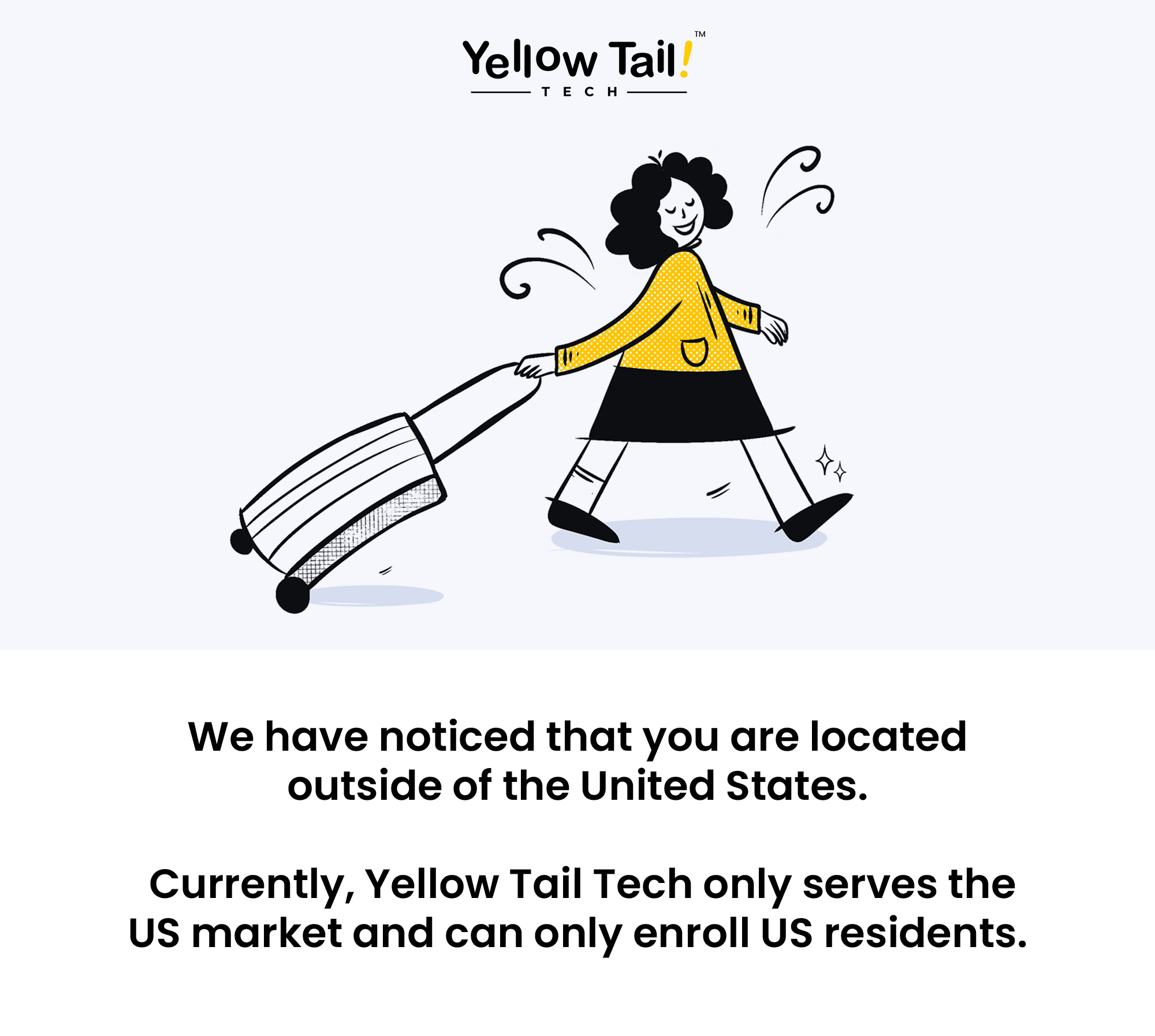In many ways, cloud computing has revolutionized how businesses leverage IT. It has gotten more innovative as the demand for speed, scalability, and adaptability increases continuously.
Cloud computing means sharing online access to computing resources such as servers, networks, and data storage. Simply put, it’s about accessing tools and data online. For companies, that means they can share their resources with authorized employees who can access them anytime, anywhere. Since hardware is hardly required, seamless data access is possible without breaking the bank.
Let us tell you more about this exciting world of cloud computing. Learn about what careers await you and what the industry has in store for you if you decide to join it.
The Rise of Cloud Computing Technology in the IT Industry
Grand View Research believes that between 2023 and 2030, the global cloud computing market will grow from its estimated $483.98 billion value in 2022 at a CAGR (compound annual growth rate) of 14.1%. In 2022, Asia-Pacific’s cloud computing market was second only to North America’s in revenue, at 35%.
Cloudwards says providing digital services like social media, streaming media, e-commerce, and gaming requires cloud computing infrastructure. That is also perhaps one reason behind Gartner’s prediction that the worldwide end-user expenditure on public cloud services will grow from $490.3 billion in 2022 to $591.8 billion in 2023.
Besides, Exploding Topics estimates that by 2025, the cloud will be home to over 200 zettabytes (ZB) of data, and the value of the cloud applications market could reach more than $150 billion. Cloud computing is here to stay. As it plays a major role in the technological landscape now, it’s safe to say that, given the numbers, it will only keep growing.
Cloud Computing vs. Traditional Computing
Generally, cloud computing offers cost savings since it does not require so much hardware, is scalable, and allows access to data from anywhere.
On the other hand, traditional computing tends to be more expensive, requiring the purchase and maintenance of hardware and software.
The table below gives a more specific comparison of the two.
| Criteria | Cloud Computing | Traditional Computing |
| Hardware Requirement | Since vendors provide infrastructure, cloud computing requires little hardware. | Traditional computing requires companies to buy and maintain expensive hardware and software. |
| Scalability | Cloud computing handles scaling, letting you focus on innovation and process improvement. | Businesses must buy and maintain their hardware and software, making traditional computing harder to scale. |
| Resilience | Redundancy and disaster recovery systems make cloud computing resilient. | Hardware failures and data loss can plague traditional computing. |
| Physical and data security | Cloud computing’s physical and data security are its strengths. | Managing their own security may be difficult for some businesses. |
| Access to data | Remotely configurable and manageable cloud setups make data access easy. | Data access is restricted to system-connected devices or networks. |
| Ease of Management | IT teams can set up cloud computing quickly and remotely through the vendor’s website. | Since businesses must buy and maintain their own hardware and software, traditional computing is difficult to set up and manage. |
Jobs in the Cloud Computing Industry
There are several new niche job descriptions in the IT sector due to the rise of cloud computing. Cloud architects, developers, engineers, and administrators are highly needed. Most jobs in the cloud computing industry are expected to grow in the coming years, so anyone thinking about making that move would do well to research the various job titles and responsibilities in the field.
Cloud Architects
Cloud architects plan, develop, and manage the cloud-based solutions of their companies. They devise and manage the entire cloud strategy, from selecting the optimal platform to ensuring regulatory compliance. They are experts in software development and cloud platforms like Amazon Web Services, Microsoft Azure, and Google Cloud. Jobs in this sector are expected to expand by 15% from 2021–2031, and their median annual salary of $97,430 in May 2021 was greater than the median salary of all occupations.
Cloud Developers
Cloud developers are specialists who use various programming languages to create, test, and release cloud-based apps. They write cloud-friendly code and build automatically scalable applications. Familiarity with Kubernetes, Docker, and other prominent cloud-based solutions is also highly desirable. It is predicted that between 2021 and 2031, the demand for cloud developer services will increase by a faster-than-average 25%. It is anticipated that this will generate 411,400 additional positions.
Cloud Engineers
Cloud engineers are crucial to its success because they guarantee reliability, availability, and scalability. They work in tandem with architects and developers to keep the cloud running smoothly. Cloud engineers are well-versed in using Ansible and Terraform, among other tools, and proficient with various cloud computing platforms. The average annual pay for computer and network architects (which includes cloud engineers) is $120,520, as reported by the BLS. The job market will expand by 4% in the next few years. Cloud engineering offers bright prospects for IT workers.
Cloud Administrators
Cloud administrators are accountable for the smooth functioning of all cloud service components, such as servers, databases, and networks. They have to monitor everything to ensure the cloud is always up and running without any problems. They often have prior expertise with AWS, Azure, or Google Cloud and familiarity with other popular cloud-based technologies like CloudWatch and CloudTrail. The average annual income for network and computer systems administrators, of which cloud administrators are a subset, is projected to be roughly $80,600 by the BLS from 2021–2031, and demand could rise by 3%.
Impact of Cloud Computing on IT Roles and Industries
The impact of cloud computing on the IT sector and related fields has been substantial. The roles of IT professionals have changed as more and more tasks previously performed on-premises are now done in the cloud. Cloud computing eliminates the need to precisely gauge server and storage requirements because of its inherent scalability. As a result, the duties of IT professionals have shifted to emphasize business rule creation and implementation over technical configuration. Cloud technology has, therefore, altered the demands placed on IT professionals.
The growth of industry cloud platforms has also affected the IT sector, with a recent report by Deloitte predicting that the market for these will grow to $640 billion by 2024. There have been several innovations and innovative approaches to virtualizing IT due to cloud computing. However, along with these advantages come new difficulties for those who work in IT and other professions that require cloud use. To keep their careers relevant, they must master new technology and acquire new abilities.
Cloud computing has increased company efficiency despite some drawbacks. Businesses that have adopted cloud computing have witnessed a marked uptick in efficiency. Businesses may now work more efficiently and effectively because of cloud computing’s 24/7 availability of data and apps.
Join the Cloud Computing Industry
Now is the right time to be part of the cloud computing industry. Changing to a career in cloud computing may provide excellent chances for professional advancement, employment security, and financial success. Acquiring the knowledge and credentials in demand in the cloud industry can be a smart move.
Yellow Tail Tech offers programs that can get you started on the path to a prosperous career in the cloud computing industry. Book a 10-minute intro call with our Enrollment Advisor now!






